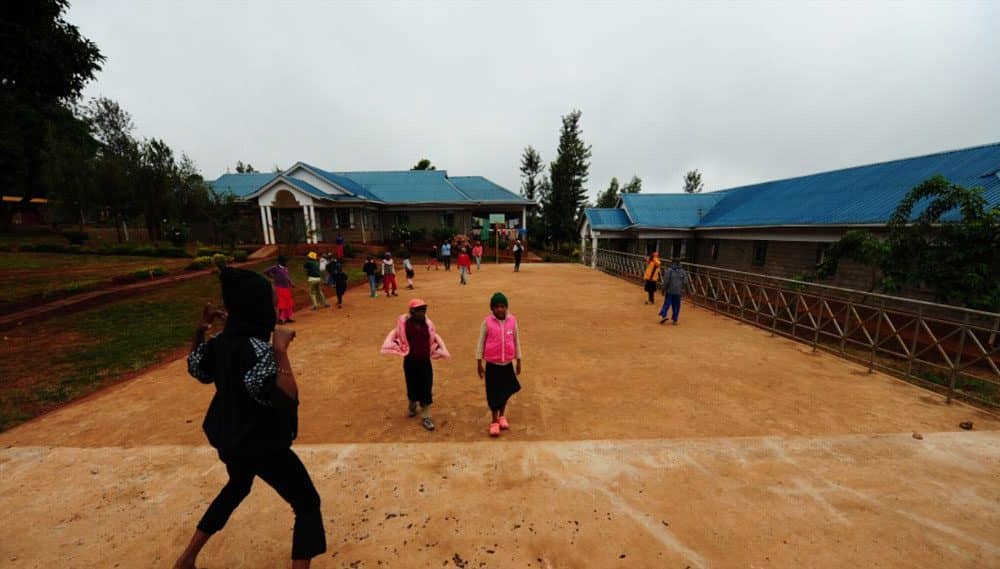Marida - November 2013

Where do I start? And what can I say… I remember what he told me the first time he visited the village: you breathe love.
I don’t start with the children—maybe I want to approach this slowly. My mind first goes to Kennet, also called Kennedy, the carpenter. His dark face, his gentle, understanding, and patient gaze. He has built the wooden structures of the village in his workshop—a simple workbench under a tree, where he saws, planes, and nails.
I think of the looks exchanged between some of the house-mothers, the laughing eyes of the cook. The sound of the handbell signaling mealtime, followed by a rush of children running, shouting, full of life.
Talking about the children of the village seems, at first, simple: the little ones who cling to your legs, who wrap their arms around your neck, their smiles capturing you in timeless moments. But what do they have to smile about? That’s the question.
When they run to the canteen, when they play, when they chase after a ball, they seem like any other children. “They tolerate the side effects of their medication well,” says Nicola, the doctor and volunteer. I hadn’t thought about how heavy those treatments must be on their small bodies. And I realise how vital it is that these little beings—already so burdened by their medical care—do not also have to suffer the pain of an ear infection, conjunctivitis, or a toothache.
I ask the trainee counselor, who was a housemother for a long time, if the children—especially the youngest ones—ever wake up at night crying, perhaps from bad dreams. He tells me it rarely happens. Then I read a letter from a little girl about her best friend. She writes that when her friend felt sick at night, she helped her, just as her friend did when she needed it.
I notice how, even among the youngest, if one child gets hurt while playing, there is often another who rushes to comfort them. If someone struggles, another steps in to help—like a little one who didn’t receive a candy, immediately taken by the hand by another child who says, He didn’t get one.
The children are well cared for, but they still die.
Last year, three children passed away. Two were very young; the third was around 17. The first two had been sick for a long time. The third fell ill suddenly and died within a week. When the news was shared, the children cried—a lot.
These children know death—not as an abstract concept, not as a story told to them, but as something they have lived.
A staff member once recounted an argument between two children. One, in anger, shouted at the other: And don’t come to my funeral. I don’t want you there.
Another child, speaking about his mother, said: I don’t want to go up there to her… she’s the one who passed this disease on to me.
The death of one or both parents—usually the mother—sets off a painful chain of separation. Some children are placed in temporary care with relatives, but for families already struggling, an HIV-positive child is often too much to bear. Medication dispensaries may be far away. The care required is demanding. And so, the child becomes a burden.
Like Peter, who has two brothers. But when his mother died, and they discovered he was HIV-positive, he was sent to AINA. Seven years old. Taken from everything he had ever known. A prima—a first time for everything, but in painful isolation
Loss, separation, absence—so early, so absolute.
And I wonder: what are their hopes? Their dreams? How do they imagine the future?
And where is the anger, the sense of injustice—the Why me? Where is the envy—the Why him and not me? Where does the resentment go?
Marida
